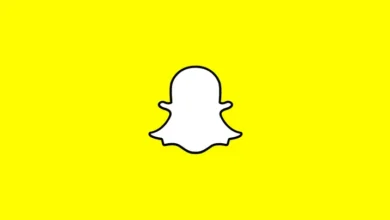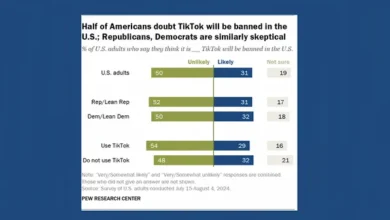
This is probably not an ideal finding for the team at TikTok, as they continue to mount their defense against the proposed U.S. ban.
This week, Google has reported that it detected another 10,000 instances of an ongoing China-based influence operation called ‘Dragonbridge’ in the first quarter of this year.
Dragonbridge is the most prolific influence operation on the web, with Google previously reporting that it detected 50,000 instances of Dragonbridge activity across YouTube, Blogger and AdSense in 2022, and another 65,000 instances in 2023.
The Dragonbridge group essentially creates profiles and ads, and shares a range of low quality, news-related content. Then, in amongst these inconspicuous updates, occasionally, the initiative will post about current events with messaging that supports pro-PRC views.
Google says that Dragonbridge has targeted a range of events this year, including elections in Taiwan, and the Israel-Hamas war, with commentary that’s been critical of the U.S. It’s also working “to spread narratives highlighting U.S. political divisions” which Google is monitoring as we head towards the U.S. election.
Dragonbridge content primarily targets Chinese speakers, but it has also been moving into English-language updates as well, while it also utilizes AI generated presenters to improve the appeal of its updates.

Google’s getting better at detecting these programs, and weeding them out before they gain any significant traction, but it underlines the ongoing efforts of Chinese-based groups to influence opinions in other nations, and seed pro-China sentiment, as well, at times, as anti-U.S. rhetoric.
Which, as noted, is not an ideal finding for TikTok. Because while there’s nothing within Google’s notes to suggest a link between Dragonbridge and TikTok specifically, the fact that Chinese influence operations are still so highly active does suggest that they could also be targeting other platforms in the same way.
And with TikTok being a Chinese-owned platform, which could potentially give Chinese operatives broader connection to Western users, it seems logical to assume that it too could be utilized for the exact same thing.
Chinese groups would clearly have access to more insight into how TikTok works, and more capacity to influence its systems. Indeed, many former CCP staffers now work for ByteDance, the owner of TikTok, while the CCP also plays a role in determining what users are shown in the local version of the app.
Again, it’s not a direct connection, but you can see how these two concerns could intersect, and present potential red flags for American officials.
Maybe we’ll find out more as part of TikTok’s upcoming legal challenge against the ban bill, with security briefings presented to senators still not available to the public.
Source link




